
How Buhlúl questioned a certain dervish.سال کردن بهلول آن درویش را
گفت بهلول آن یکی درویش را چونی ای درویش واقف کن مرا
Buhlúl said to a certain dervish, “How art thou, O dervish? Inform me.”
گفت چون باشد کسی که جاودان بر مراد او رود کار جهان
He said, “How should that one be, according to whose desire the work of the world goes on?
سیل و جوها بر مراد او روند اختران زان سان که خواهد آن شوند
According to whose desire the torrents and rivers flow, and the stars move in such wise as he wills;
زندگی و مرگ سرهنگان او بر مراد او روانه کو بکو
And Life and Death are his officers, going to and fro according to his desire.
هر کجا خواهد فرستد تعزیت هر کجا خواهد ببخشد تهنیت
He sends (what entails) condolence wheresoever he will; he bestows (what entails) felicitation wheresoever he will.
سالکان راه هم بر گام او ماندگان از راه هم در دام او
The travellers on the Way (go) according to his pleasure; they that have lost the Way (are fallen) in his snare.
هیچ دندانی نخندد در جهان بی رضا و امر آن فرمانروان
No tooth flashes with laughter in the world without the approval and command of that imperial personage.”
گفت ای شه راست گفتی همچنین در فر و سیمای تو پیداست این
He (Buhlúl) said, “O King, thou hast spoken truly: ’tis even so: this is manifest in thy (spiritual) radiance and (glorious) aspect.
این و صد چندینی ای صادق ولیک شرح کن این را بیان کن نیک نیک
Thou art this and a hundred times as much, O veracious one; but expound this (mystery) and explain it very well,
آنچنانک فاضل و مرد فضول چون به گوش او رسد آرد قبول
In such fashion that (both) the virtuous (wise) and the man given to vanity (folly) may assent when it comes to their ears.
آنچنانش شرح کن اندر کلام که از آن هم بهره یابد عقل عام
Expound it in thy discourse in such a way that the understanding of the vulgar may profit thereby.”
ناطق کامل چو خوانپاشی بود خوانش بر هر گونهی آشی بود
The perfect speaker is like one who distributes trays of viands, on whose table is every sort of food,
که نماند هیچ مهمان بی نوا هر کسی یابد غذای خود جدا
So that no guest remains without provisions, (but) each one gets his (proper) nourishment separately:
همچو قرآن که بمعنی هفت توست خاص را و عام را مطعم دروست
(Such a speaker is) like the Qur’án which is sevenfold in meaning, and in which there is food for the elect and for the vulgar.
گفت این باری یقین شد پیش عام که جهان در امر یزدانست رام
He (the dervish) said, “This at least is evident to the vulgar, that the world is subject to the command of God.
هیچ برگی در نیفتد از درخت بی قضا و حکم آن سلطان بخت
No leaf drops from a tree without the predestination and ordainment of that Ruler of Fortune.
از دهان لقمه نشد سوی گلو تا نگوید لقمه را حق که ادخلوا
No morsel goes from the mouth towards the gullet till God says to that morsel, ‘Enter!’
میل و رغبت کان زمام آدمیست جنبش آن رام امر آن غنیست
The inclination and desire which is Man’s nose-rein its movement is subject to the command of that Self-sufficient One.
در زمینها و آسمانها ذرهای پر نجنباند نگردد پرهای
In (all) the earths and heavens not an atom moves a wing, not a straw turns,
جز به فرمان قدیم نافذش شرح نتوان کرد و جلدی نیست خوش
Save by His eternal and effectual command. To expound (this) is impossible, and presumption is not good.
کی شمرد برگ درختان را تمام بینهایت کی شود در نطق رام
Who may number all the leaves of the trees? How may the Infinite become amenable to speech?
این قدر بشنو که چون کلی کار مینگردد جز بامر کردگار
Hear this much, (however): since all action (in the universe) only comes to pass by the command of the Maker,
چون قضای حق رضای بنده شد حکم او را بندهی خواهنده شد
When the predestination of God becomes the pleasure of His servant, he (the servant) becomes a willing slave to His decree,
بی تکلف نه پی مزد و ثواب بلک طبع او چنین شد مستطاب
Without tasking himself, and not on account of the (future) reward and recompense; nay, his nature has become so goodly.
زندگی خود نخواهد بهر خوذ نه پی ذوقی حیات مستلذ
He does not desire his life for himself nor to the end that he may enjoy the life that is found sweet (by others).
هرکجا امر قدم را مسلکیست زندگی و مردگی پیشش یکیست
Wheresoever the Eternal Command takes its course, living and dying are one to him.
بهر یزدان میزید نه بهر گنج بهر یزدان میمرد نه از خوف رنج
He lives for God’s sake, not for riches; he dies for God’s sake, not from fear of pain.
هست ایمانش برای خواست او نه برای جنت و اشجار و جو
His faith is (held) for the sake of (doing) His will, not for the sake of Paradise and its trees and streams.
ترک کفرش هم برای حق بود نه ز بیم آنک در آتش رود
His abandonment of infidelity is also for God’s sake, not for fear lest he go into the Fire.
این چنین آمد ز اصل آن خوی او نه ریاضت نه بجست و جوی او
That disposition of his is like this originally: it is not (acquired by) discipline or by his effort and endeavour.
آنگهان خندد که او بیند رضا همچو حلوای شکر او را قضا
He laughs at the moment when he sees (the Divine) pleasure: to him Destiny is even as sugared sweetmeat.”
بندهای کش خوی و خلقت این بود نه جهان بر امر و فرمانش رود
The servant (of God) whose disposition and character is (like) this does not the world move according to his command and behest?
پس چرا لابه کند او یا دعا که بگردان ای خداوند این قضا
Then why should he make entreaty and cry in prayer, “O God, avert this destiny”?
مرگ او و مرگ فرزندان او بهر حق پیشش چو حلوا در گلو
For God’s sake his (own) death and the death of his children is to him like sweetmeat in the gullet.
نزع فرزندان بر آن باوفا چون قطایف پیش شیخ بینوا
To that loyal one the death-agony of his children is like honey-cakes to a destitute old man.
پس چراگوید دعا الا مگر در دعا بیند رضای دادگر
Why, then, should he invoke (God), unless perchance he see the pleasure of the (Divine) Judge in (such) invocation?
آن شفاعت و آن دعا نه از رحم خود میکند آن بندهی صاحب رشد
That righteous servant does not make that intercession and invocation from his own mercifulness.
رحم خود را او همان دم سوختست که چراغ عشق حق افروختست
He has burned up (consumed away) his own mercifulness at the moment when he has lighted the lamp of love of God.
دوزخ اوصاف او عشقست و او سوخت مر اوصاف خود را مو بمو
Love is the Hell-fire of his attributes, and it has burnt up the attributes of self, hair by hair.
هر طروقی این فروقی کی شناخت جز دقوقی تا درین دولت بتاخت
When did any night-traveller understand this distinction except Daqúqí? (He understood it), so that he sped into this (spiritual) empire.
Special Offers
by: Reza about (category: Masnavi, Persian Poetry)



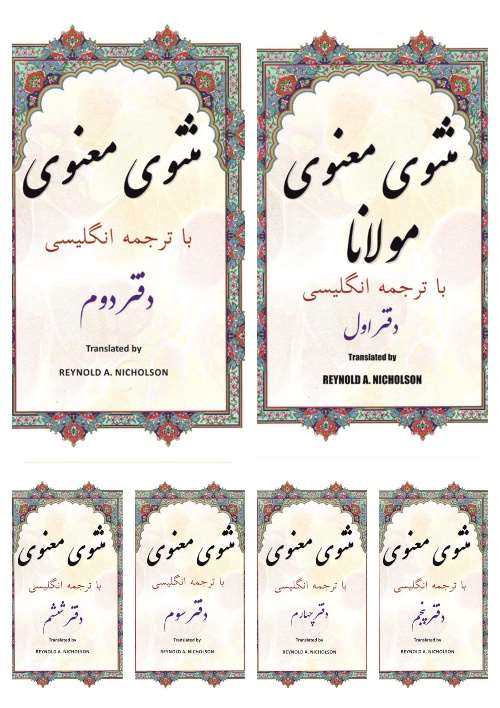
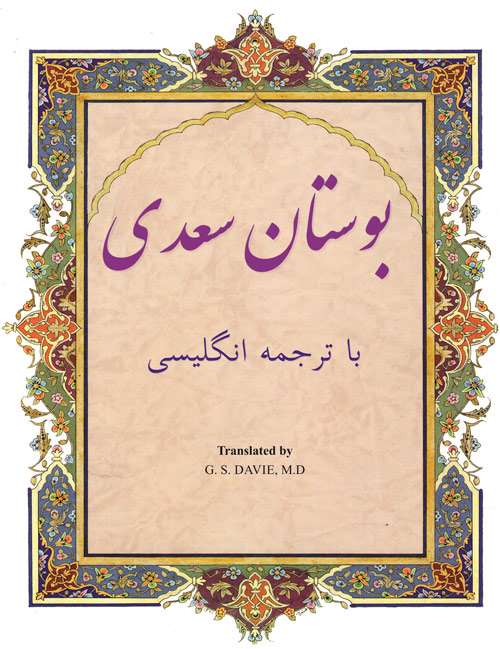
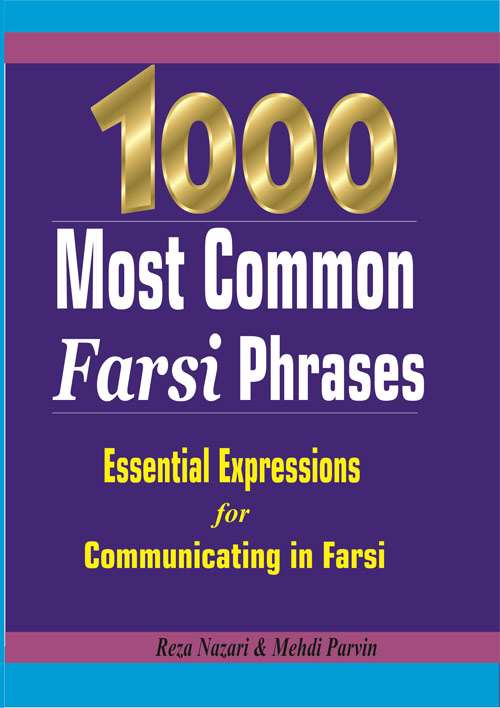
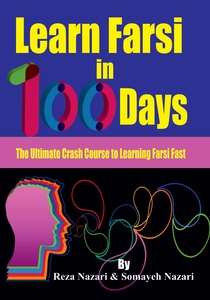






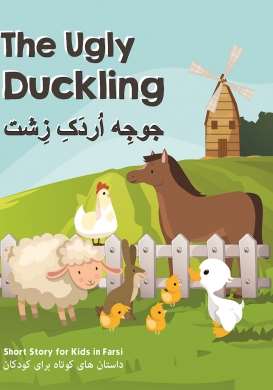
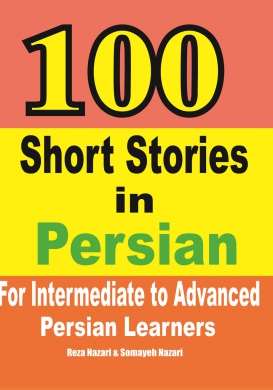
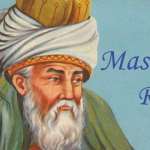
What people say about "How Buhlúl questioned a certain dervish"?
No one replied yet.